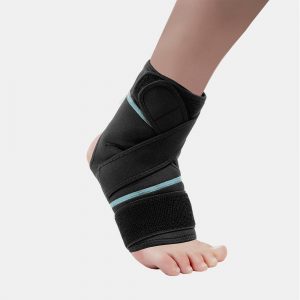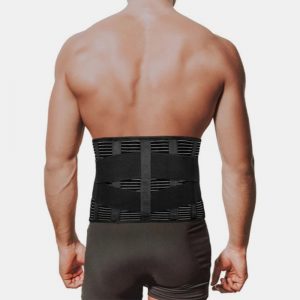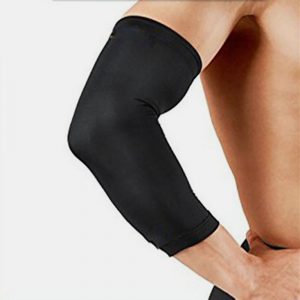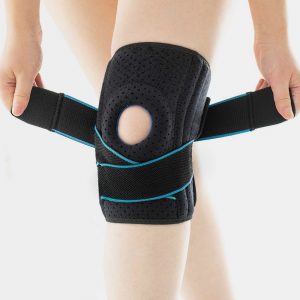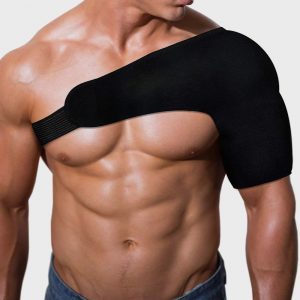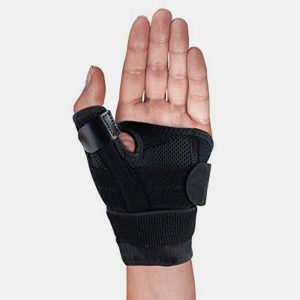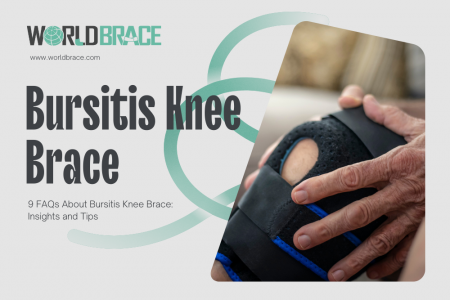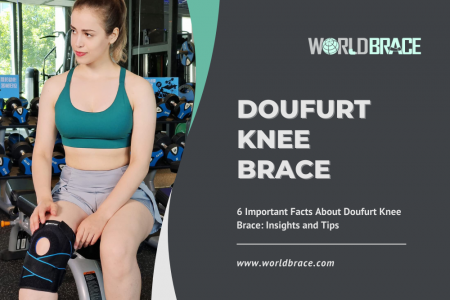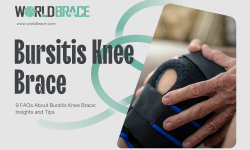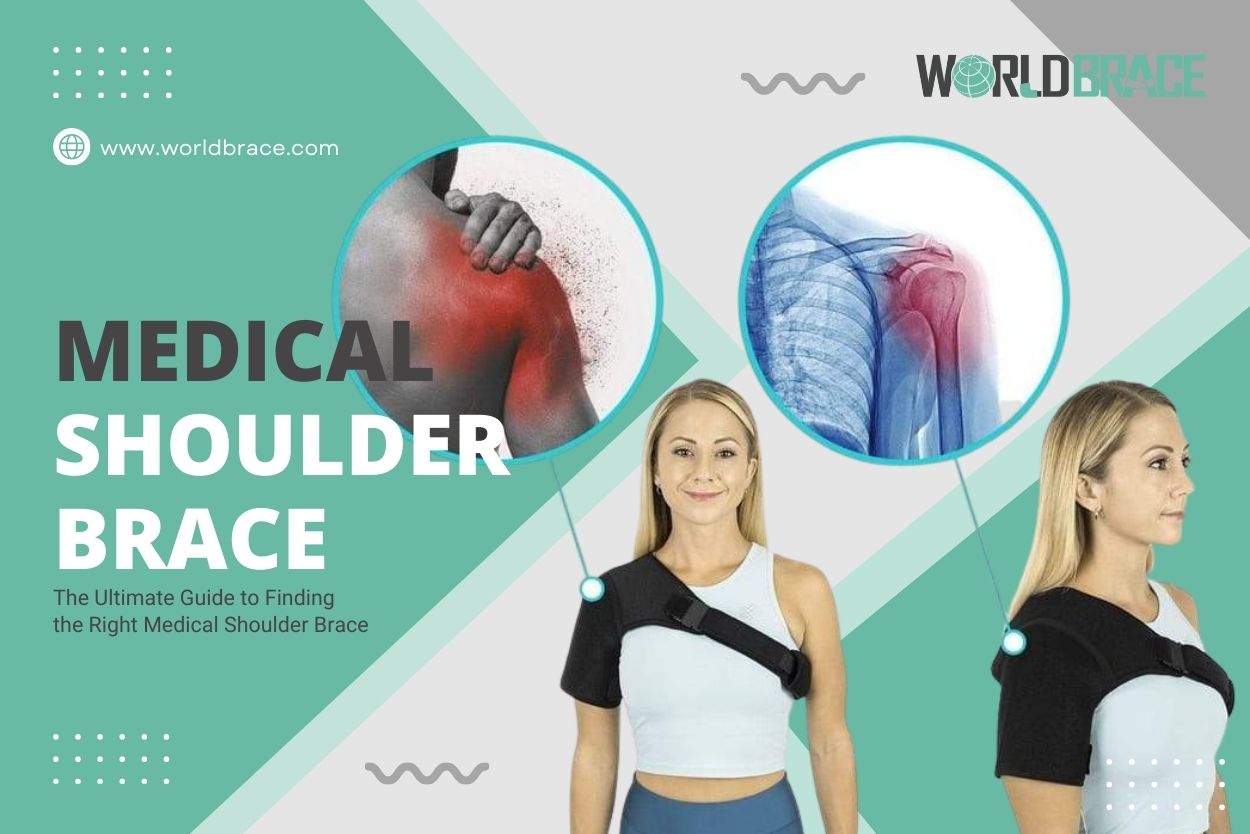
What are Medical Shoulder Braces
A medical shoulder brace is a specialized device designed to support and stabilize the shoulder joint. They are commonly used to help treat various shoulder injuries and conditions, such as rotator cuff tears, shoulder dislocations, and labral tears.
These braces work by immobilizing the shoulder joint, which helps to reduce pain and inflammation and prevent further injury. They can also help to promote healing by keeping the shoulder in the correct position and preventing excessive movement.
There are several different types of medical shoulder braces, each designed for specific injuries or conditions. For example, a rigid shoulder brace may be recommended for more severe damage, while a compression shoulder brace may be used to manage pain and inflammation in the shoulder joint.
It is important to note that while medical shoulder braces can be effective in treating certain types of injuries and conditions, they should always be used under the guidance of a medical professional. A doctor or physical therapist can help determine the best shoulder brace for a particular injury or condition and advise how to use the brace properly to ensure optimal results.
Assessing Your Shoulder Condition
Assessing your shoulder condition is crucial in determining the most suitable medical shoulder brace for your needs. The first thing you need to do is to identify the specific condition or injury you are experiencing. Common shoulder conditions include rotator cuff injuries, shoulder dislocations, shoulder impingement syndrome, and shoulder bursitis. Once you have identified your condition, you can evaluate the severity of your symptoms, including pain, swelling, range of motion, and strength.
The severity of your condition will determine the level of support and compression you need from a medical shoulder brace. For instance, if you have a mild to moderate shoulder injury, a simple compression sleeve or shoulder strap may be sufficient to provide the support and stability you need. However, a more rigid and supportive medical shoulder brace may be necessary for more severe conditions, such as a rotator cuff tear or shoulder dislocation.
Your activities can also impact the type of medical shoulder brace you need. If you are an athlete or have a physically demanding job, you may need a more durable and supportive brace that can withstand rigorous activity.
The Benefits of Medical Shoulder Braces
- Pain Relief: A medical shoulder brace can help relieve pain by providing support and stability to the shoulder joint. It can also help reduce inflammation and swelling by compressing the affected area.
- Improved Range of Motion: Medical shoulder braces can help improve the range of motion by preventing excessive movement and providing a secure and stable environment for the shoulder joint to heal.
- Faster Recovery: By providing support and protection to the injured area, medical shoulder braces can help speed the recovery process and reduce re-injury risk.
- Posture Correction: Medical shoulder braces can help correct poor posture, which can contribute to shoulder pain and discomfort. A medical shoulder brace can help alleviate strain on the shoulder joint by promoting proper alignment.
- Versatility: Medical shoulder braces are available in various styles and designs, making them suitable for shoulder injuries and conditions. They can also be used for both preventative and therapeutic purposes.
- Cost-Effective: Medical shoulder braces can be a cost-effective alternative to more invasive treatments, such as surgery or prolonged physical therapy.
Factors to Consider When Choosing a Medical Shoulder Brace
When it comes to choosing a medical shoulder brace, there are several factors that you should consider to ensure that you select the right brace for your needs. Here are some essential factors to keep in mind:
- Size and Fit: One of the most crucial factors to consider is the size and fit of the medical shoulder brace. A properly fitting brace will provide the necessary support and compression to promote healing, while an ill-fitting brace can cause discomfort or even worsen your condition. Measure your shoulder and follow the manufacturer’s sizing guidelines to select the correct size.
- Material and Comfort: The material of the brace is another critical consideration. Look for a breathable and comfortable brace that will not irritate your skin or cause excessive sweating. Additionally, consider additional features such as padded straps or adjustable fasteners that can increase comfort.
- Level of Support: Different shoulder conditions require varying levels of support. Some braces are designed for mild support, while others provide more rigid and sturdy support for severe infections. Consider the severity of your injury or condition and consult with your healthcare provider to determine the appropriate level of support you need.
- Adjustability: An easily adjusted brace is ideal as it can be customized to fit your unique needs. Consider a brace with adjustable straps or fasteners to ensure a proper fit.
- Ease of Use: Choose a medical shoulder brace that is easy to put on and take off, as well as one that can be worn comfortably for extended periods of time.
Tips for Properly Using and Maintaining Your Medical Shoulder Brace
Proper usage and maintenance of your medical shoulder brace can ensure its longevity and effectiveness. Here are some tips to help you use and maintain your brace:
- Follow the instructions for proper fitting and usage provided by the manufacturer or your healthcare provider.
- Wear the brace for the recommended duration and during the activities specified by your healthcare provider.
- Regularly clean the brace according to the instructions provided by the manufacturer to prevent the buildup of dirt and bacteria.
- Store the brace in a cool and dry place to prevent damage from heat and moisture.
- Inspect the brace regularly for signs of wear and tear, such as frayed edges or loose straps, and replace it if necessary.
- Avoid over-tightening the brace, which can restrict blood flow and cause discomfort or further injury.
- Seek medical advice if you experience adverse reactions, such as skin irritation or worsening symptoms.
Conclusion:
In conclusion, finding the right medical shoulder brace can make all the difference in your recovery from shoulder injuries or conditions. It’s essential to consider factors such as the type and severity of your condition, your level of activity, and the recommended usage of the brace. As you begin your search, keep in mind reputable manufacturers and suppliers, such as WorldBrace, who offer quality and affordable options for wholesale purchase. You can improve your comfort, mobility, and overall well-being by assessing your needs and choosing the right medical shoulder brace.
Are you looking for a high-quality medical shoulder brace? Look no further than our manufacturer and supplier in China. We offer a wide range of wholesale options for your needs.

